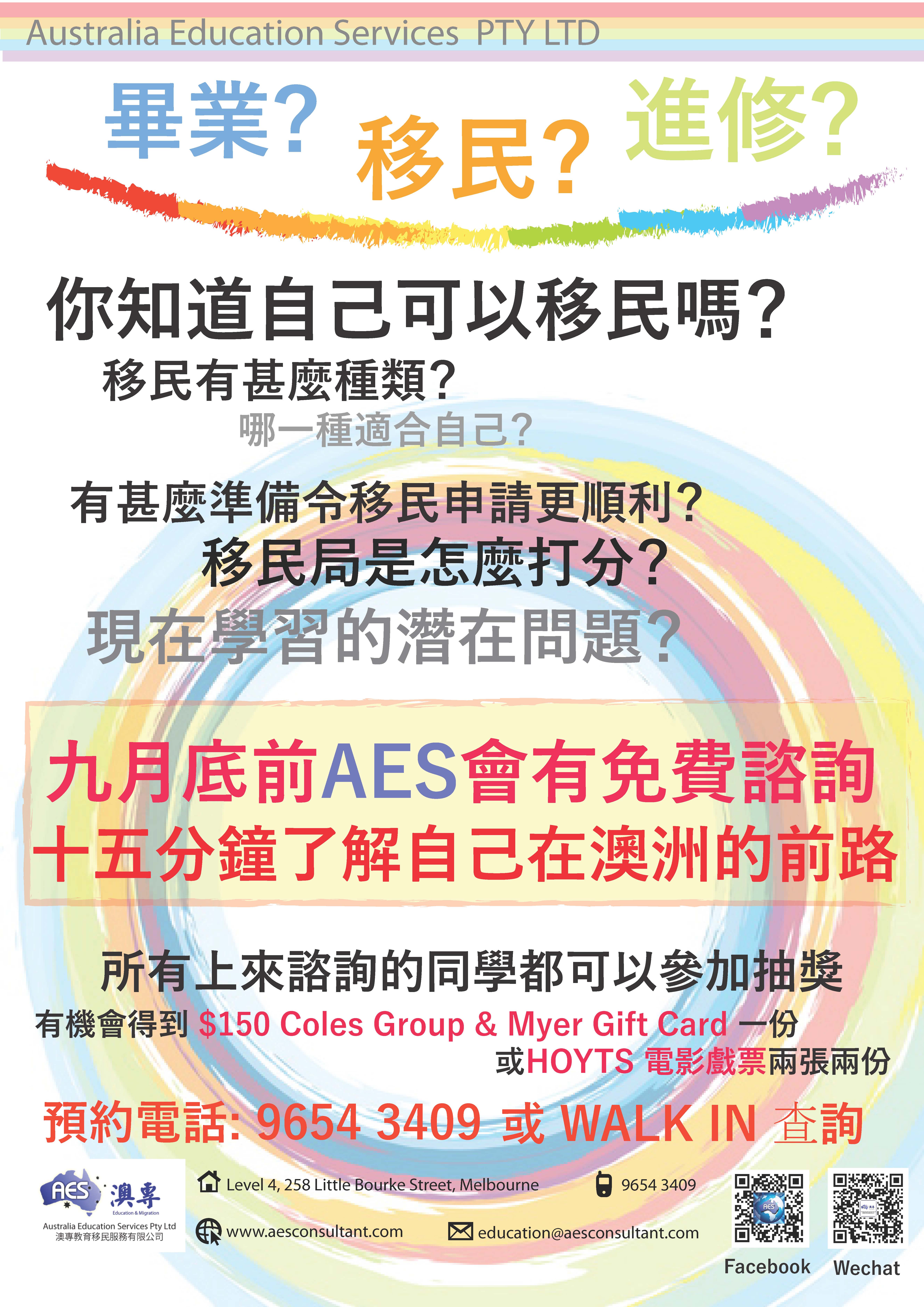Some say the biggest devaluation of the Chinese currency in 21 years which wiped billions from stock markets came as a surprise and could severely affect the AU$18.1 billion education industry in Australia.
Maryland University finance professor Albert Kyle told The Australian that the devaluation will result in a slowing down of the interest of Chinese businesses and investors in Australian goods and services. This could include Chinese demand for education in Australia, as well as demand for property in Sydney and Melbourne, according to the report in The Australian.
“I think it is going to affect my business and also a big business in Australia, which is educating Chinese students…So that is an export market that will probably shrink since the parents of the children have less discretionary money to afford these relatively expensive degrees and that is why the Australian currency will depreciate along with the Chinese currency,” he said.
However, other analysts disagree and say that the devaluation will have a limited long-term impact on Australia’s education sector. HSBC chief economist Paul Bloxham told The Australian that the bank didn’t think the currency would fall much further and Australia’s higher education sector would continue to benefit from China’s rising middle class.
“That’s a medium-term structural trend — it doesn’t really get thrown off by what we’ve seen in the last couple of weeks or even the short-term cyclical weakness we’re seeing in China,” Mr Bloxham said.
“Middle-class incomes are rising. They’re travelling abroad in big numbers and there are increasing numbers of people from China looking to get education offshore.” Mr Bloxham said the devaluation of the yuan, also known as the renminbi, was “relatively small” and China’s currency had strengthened substantially since 2008.
Figures compiled by Ernst & Young and McKinsey show the middle class across Asia and the Pacific is expected to increase from 500 million to more than three billion by 2030.
There were more than 150,000 Chinese students studying in Australia in 2013, the latest year for which figures are available, more than three times the number of enrolments from the second highest country of origin, according to the report.
International students contributed a record $18.1 billion in the 12 months ending in June, 14.2 per cent higher than the previous corresponding period.
Source: Migration Alliance
 Are you eligible for migration?
Are you eligible for migration?





